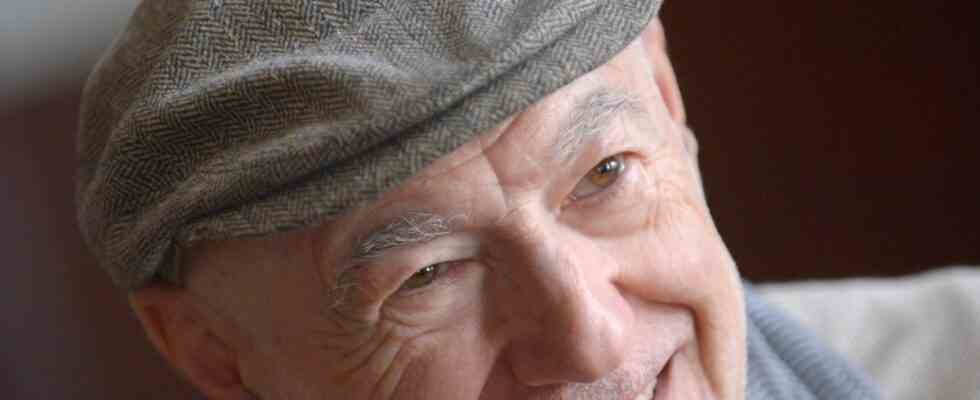Word quickly got around on Sunday: “The Ostbahn Kurti is dead!” Actually Willi Resetarits died, but in few cases the pseudonym, fictional character and role coincided so much with the person as in him. The kurti wasn’t even his own invention: The busy Viennese radio presenter and author Günter Brödl had invented the “Kurt Ostbahn” – later also with a doctorate – back in the late 1970s. Out of the idea for American suburban musicians like Southside Johnny & the Asbury Jukes to develop a Viennese counterpart, Ostbahn-Kurti & the boss game well, he put together a complete biography with fictitious interviews, newspaper advertisements and a play, and later even with detective novels. In 1983, Brödl found the ideal real cast for his character: Willi Resetarits.
Even the socialization was right: Born in Stinatz in 1948, Resetarits was a Burgenland-Croat who only learned German as a small boy after moving to Vienna and grew up in Favoriten, the 10th district of Vienna. A small people’s district on the same level as Hamburg’s Billstedt, Berlin’s Neukölln or Munich’s Hasenbergl, but was not left alone by the Viennese social democracy at the time. All three Resetarits boys made it from there to university and later became an Austrian institution: Willi as a musician, his one year older brother Lukas as a cabaret artist and TV inspector “Kottan”, and Peter, twelve years his junior, as an award-winning ORF Journalist.
He didn’t leave it at singing, but also liked to get involved in politics
Willi Resetarits earned his first spurs in the 1970s as a member of the left-wing political rock band butterflies. But the breakthrough came as Ostbahn-Kurti: First with cover versions of international hits translated into Viennese by Günter Brödl – “I Heard It Through The Grapevine”, for example, became “Wo hamma denn den Fahrschein” -, with more and more own songs and slightly wacky performances he became the authentic voice of a Viennese attitude to life between blues, Wienerlied and rock, between sudern and tackle – because Resetarits didn’t just stop at singing, he got involved in politics in a very practical way. Convicted of inciting conscientious objection, co-founded the organizations “asylum in need” and “SOS fellow man” as well as the “Integration House Vienna”.
Even though Resetarits “retired” Ostbahn-Kurti in 2003, he never got rid of him completely, and he didn’t want to either. It also gave his nimbus to his various new band projects from stub blues to gang of four push, With whom he, that “circus horse that belongs on the stage”, as he said, was tirelessly on the road to the end. He also generously directed the light to his successors, from Ernst Molden to Nino from Vienna. He liked to say goodbye to his audience with the words: “Be careful and don’t worry!” Tragically, even now he wasn’t careful enough: On Sunday, the 73-year-old died in a fall at home. Which doesn’t change the dictum of the banner that fans hung on a bridge over Vienna’s beltway back in 2005: “Ostbahn is alive!”

